The Most Fundamental Need
Access to safe drinking water and hygienic sanitation facilities is fundamental to healthy child development. Thanks to the partnership of generous churches like yours, sanitation and hygiene are becoming a reality for communities across the developing world. Compassion partners with more than 8,100 local churches (just like yours) in 25 countries to bring safe water and improved sanitation to the children in our care. Your partnership is what makes this possible.
The aim of our water and sanitation efforts is to ensure that no Compassion-assisted child has to drink contaminated water or use unacceptable sanitation facilities. Together, we can achieve this goal by providing the resources and infrastructure that will protect children’s health as they make their journey out of severe poverty.
Preventing Disease and Promoting Safety
Children who don’t have access to adequate toilets or latrines are often forced to defecate in the open, which leads to the rapid spread of disease. Your church can help protect Compassion-assisted children from waterborne illness and unsafe conditions. When families do not have a safe water supply in their homes or close by, children are often given the task of walking miles to collect water and carry it home. This means they are regularly absent from school and miss out on Compassion development activities. Giving to this fund enables children to remain in school and benefit from Compassion’s holistic ministry.
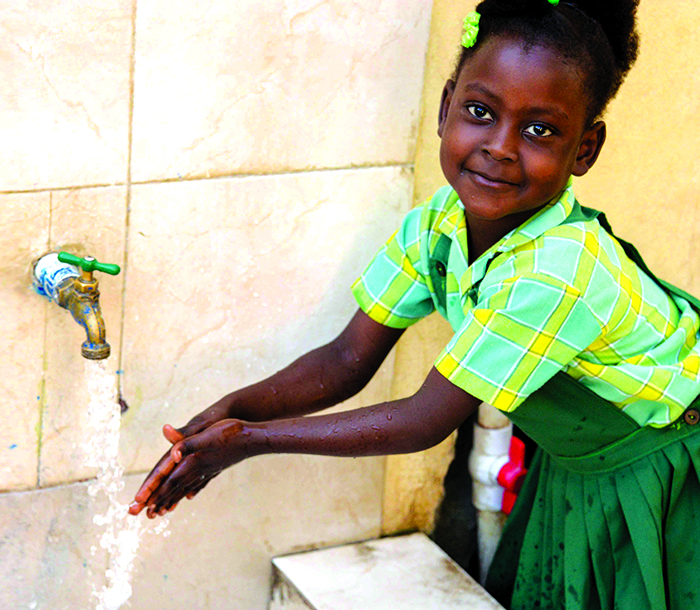
"The issue is not simply the provision of water or sanitation/hygiene, but water and sanitation/hygiene. It is a mistake to focus on one while neglecting the other.”
—Sidney Muisyo, Regional Vice President, Compassion Africa
Every $1 your church invests in Compassion’s Water and Sanitation Priority creates a $4 return. Your gift enables whole communities to spend less on healthcare and become more productive.
Interventions that your church can help fund include:

Drilling a well
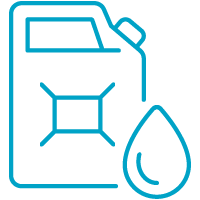
Installing a rainwater harvesting system
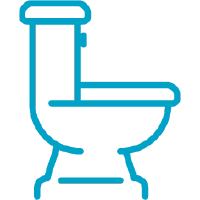
Building septic systems

Establishing community waste collection and management initiatives
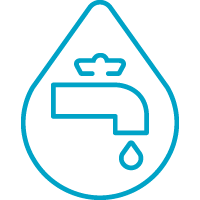
Building water storage and pumping systems

Training community members on equipment maintenance
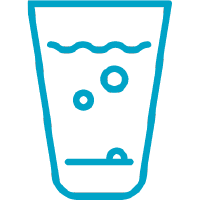
Providing water filtration systems

Providing hygiene education
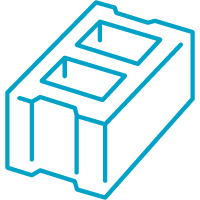
Constructing toilets and washrooms

